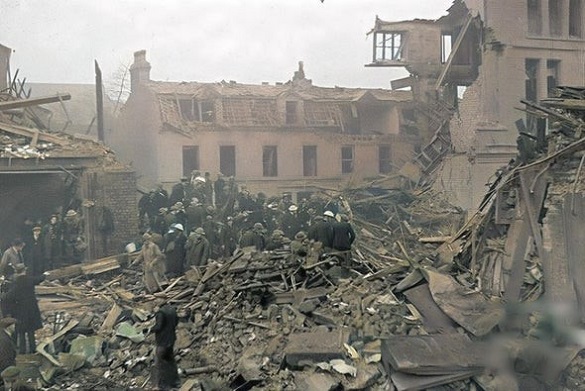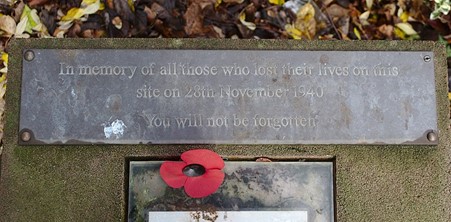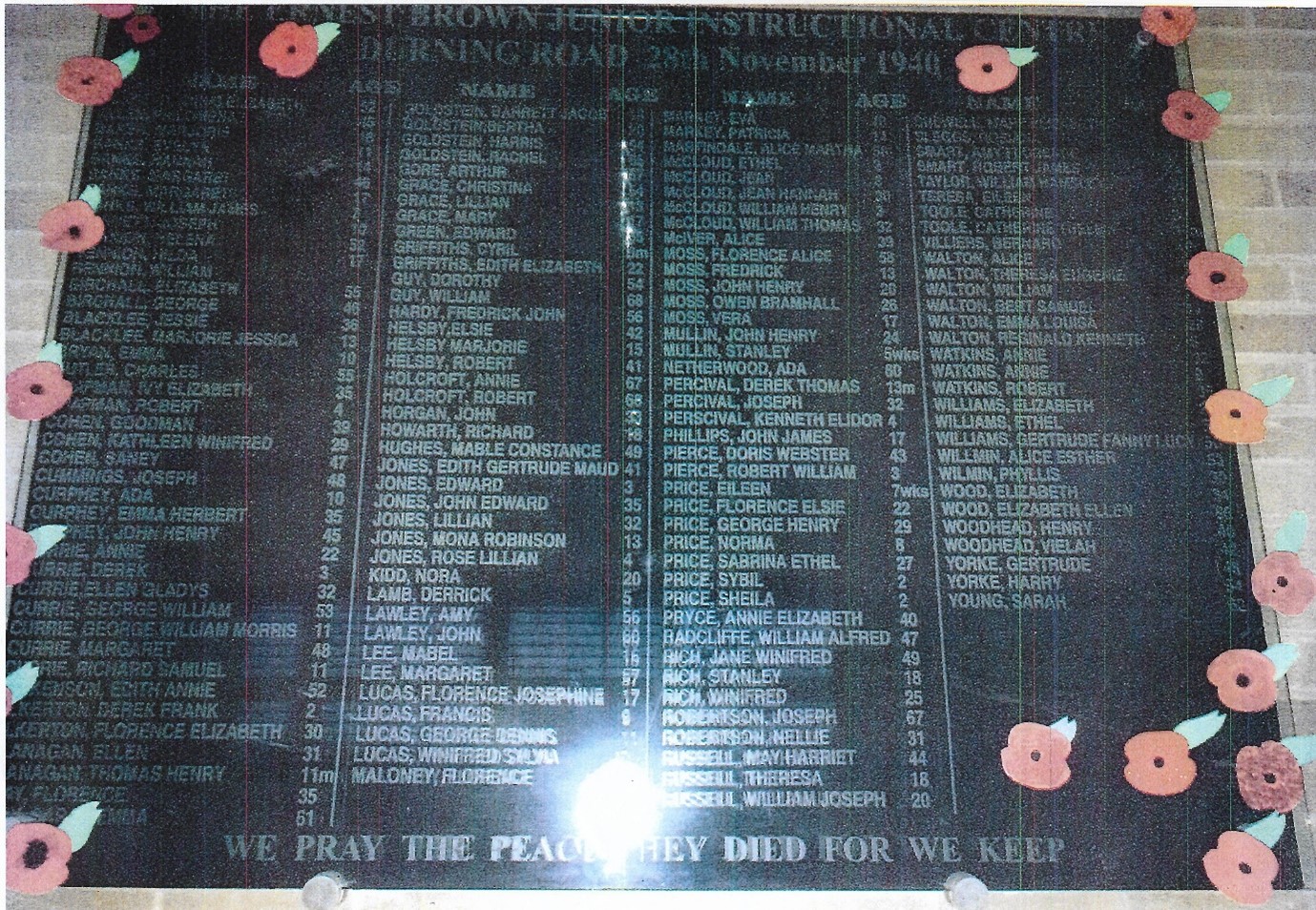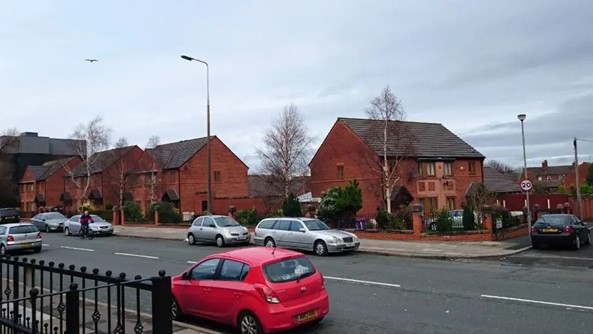
Rescue workers, searching for survivors, sift through the wreckage of the Junior Instruction College. Photo credit: Merseyside Police
Words by Dr Paul Redmond , Director of Student Experience and Enhancement, University of Liverpool
This year, as we approach our annual Remembrance commemorations, we recall a tragic incident that occurred less than a mile from our campus and took the lives of 166 local people.
Prime minister Winston Churchill would later call it Britain’s single worst civilian incident of the Second World War.
The date was 29 November 1940. In the skies over the University, a major German bombing offensive had been raging for almost eight hours. By the time the all-clear siren sounded, 2,000 people from the streets around our campus were homeless.
Since the outbreak of war, Liverpool had become a prime target for the Luftwaffe. After London, it was the UK’s largest port, and the port nearest to the United States. Almost one-third of the nation’s imports and exports came through Liverpool, making the docks and the city vulnerable to bombing raids.
This was the heaviest attack of all.
In nearby Durning Road, an estimated 300 people were sheltering in the basement of the Ernest Brown Junior Instruction College. Many were families with young children. Packed in with them were local factory workers and passengers from two electric trams that had stopped once the first bombs had started to fall.
In the early hours, a 1,000 kg parachute mine struck the building above the shelter, forcing it to collapse on to those sheltering below. Horrifically, the explosion also caused the building’s furnaces to erupt, unleashing fire, boiling water, and clouds of scalding steam.
At least 166 men, women, and children lost their lives, although given how stretched the emergency services were on the night, it has been claimed that the real death toll was far higher.
The horror of that night is still recalled by some of our neighbours. One of them, Mr Joe Lucas, lost two brothers and two sisters in the Durning Road bombing. He recalls: “My mother, from the trauma of that night, never spoke for six months.”
As a proud civic University at the heart of the city, it’s important to recall the bravery and sacrifices made not only by our students and staff but also by our local community.
This year, as we lay wreaths and hold moments of silence, let us pay tribute to the brave people of Liverpool, who endured unimaginable hardship in the pursuit of peace.
Note: Four months after the Durning Road bombing, the University itself was badly damaged in the Liverpool Blitz.
Local memorial to those who lost their lives in the Durning Road shelter.
The list of names and ages of those who died. Source: War Memorials Online
Durning Road today. Source: BBC online


